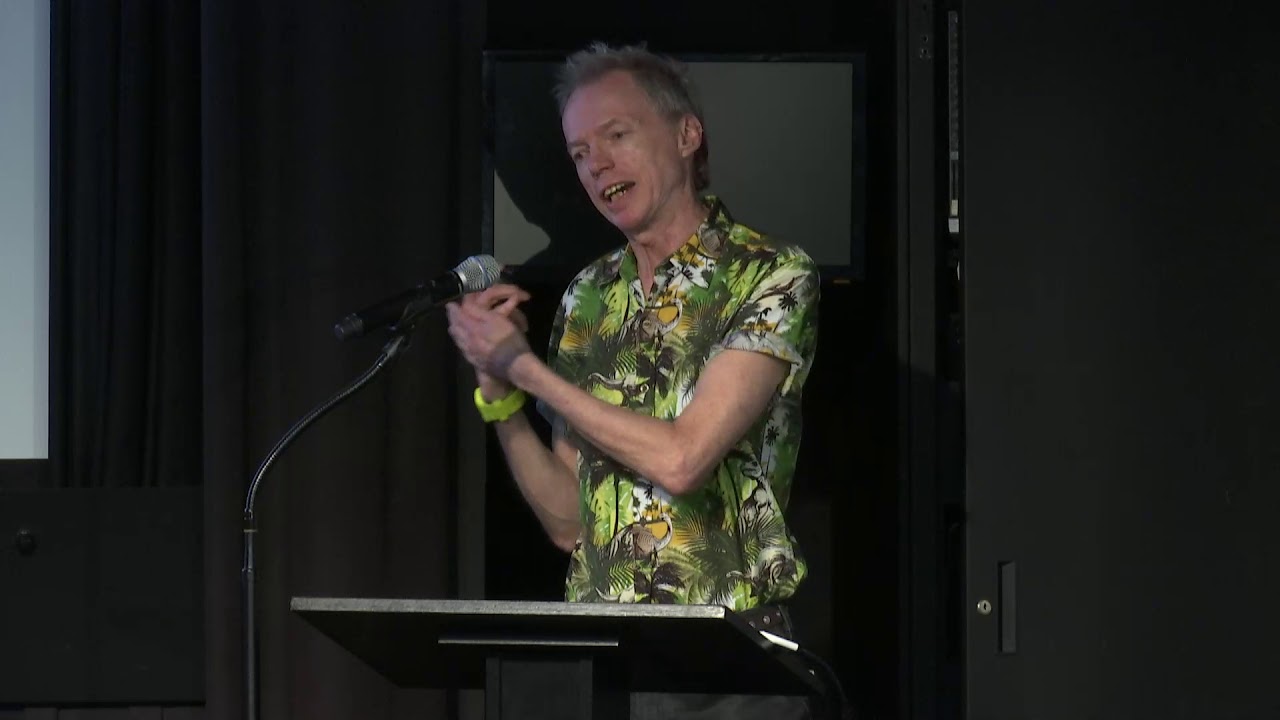UC5g-f-g4EVRkqL8Xs888BLA
May 8th, 2018
Does Hierarchical Predictive Coding Explain Perception?
Speakers:
Andy Clark (Philosophy, University of Edinburgh)
David Heeger (Center for Neural Science, NYU)
Lucia Melloni (Neurology, Max Planck Institute / NYU)
Michael Rescorla (Philosophy, UCLA)
Predictive models of perception propose that perception works by making predictions about sensory inputs and minimizing prediction error. Hierarchical predictive coding models say that at each layer in the visual hierarchy, predictions are made about the layer below. Any differences between predicted input and actual input are propagated up the visual hierarchy by the mechanism of predictive coding, altering the system to reduce prediction errors in the future. According to some theorists, this approach portrays perception as “controlled hallucination”. This event will bring two neuroscientists and two philosophers together to debate how well this approach can explain perception.




“The thing I would bet money on…”
How much?
sounds like yogic meditation theory rebranded
Estimation rather than “prediction” seems a more fruitful line. Predictions are not predictions if they are wrong, whereas estimation assumes there will be an error. Does it make sense that you predict your prediction will be wrong? Call it prediction if you wish…
Objective Materialism died in Copenhagen in 1927.
All attempts to revive it have failed.
But the illusion is invincible.
The Brain does not create consciousness..
Consciousness creates the brain by its observation.
EDIT: You do not have a brain. If you open your skull you will see a two dimensional representation of a brain. It is only rendered into existence by our observations.
This is the state of Physics.
Love this. I think we don't just need to predict one outcome but several outcomes and to try them all to see which is the best.
In my book Building Minds with Patterns ( https://www.amazon.com/dp/1980362661 ) I discuss about 15 design patterns which offer other requirements an artificial brain can perform. Prediction (or in my terms, regulation) is only one thing an artificial brain can do. (re: the discussion at 1:30:00).
There is one God and its Name is JAHWEH.
1:03:30 Is it just me or does this guy just talk about posterior things a lot. I have no clue wtf he's talking about.
It will help you wrap your mind around it easier
https://www.udemy.com/leadership-strats-for-business-and-personal-growthsave-time/?couponCode=IAMPRO
This was added to my newest book as a response to this videos conversation: https://imgur.com/a/T0V8E5f